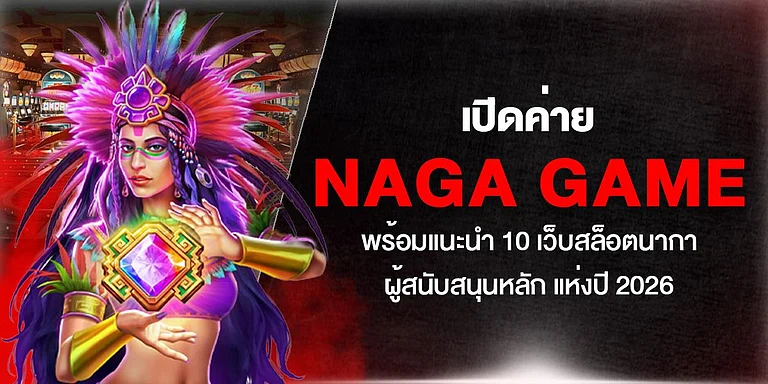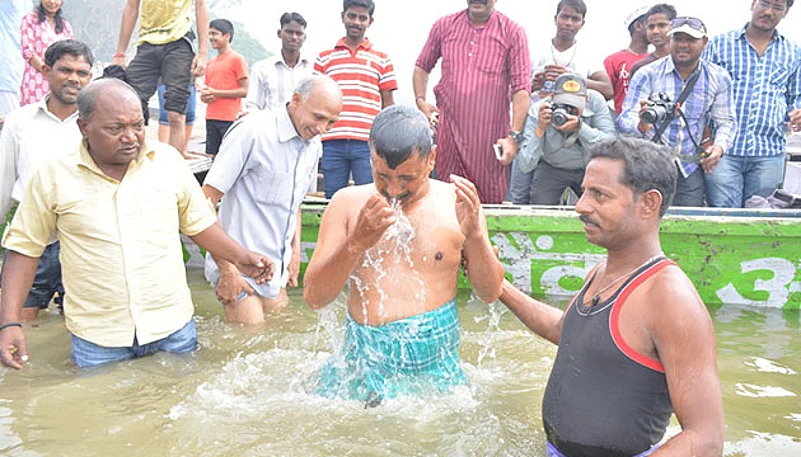
The Film Certificate Appellate Tribunal (FCAT) has refused to certify Kamal Swaroop’s two-hour documentary Battle of Banaras for public viewing. The tribunal found the film on Narendra Modi’s 2014 faceoff with Arvind Kejriwal to be too inflammatory. The appeal to the high court would likely ask why the campaigns that passed muster with the Election Commission and swayed millions are unacceptable on film two years on?
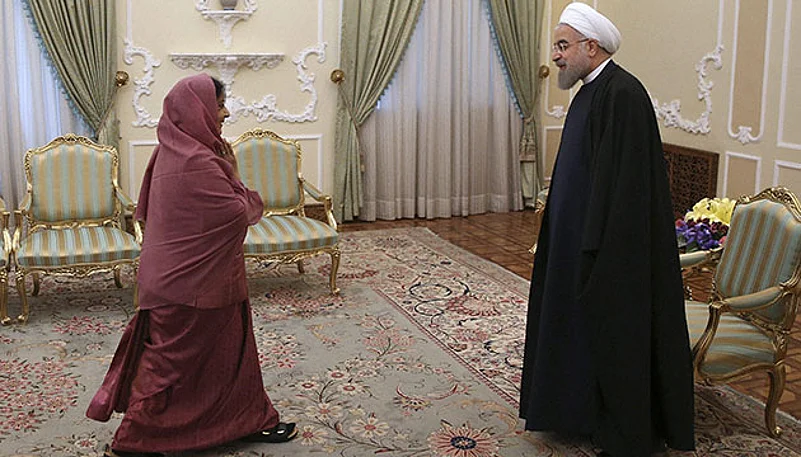
Sushma Swaraj was covered from head to toe while calling on the Iranian President. Twitter was soon abuzz with pics of women sans the ‘dress code’ meeting Iranian and Saudi leaders. It brought back memories of the Supreme Court upholding a CBSE ban on hijabs during exams and a Christian nun being told to shed her head scarf at a medical entrance test.
They say hell has no fury like a woman scorned and chief minister Tarun Gogoi is learning it the hard way. He may have denied allegations of an affair that were made first in 2006, but singer Alaka Pandey resurfaced this week to demand that Gogoi, who turned 80 this month, should acknowledge the relationship she allegedly had with him from 2004 to 2006. Or else, she threatened, she would approach Prime Minister Narendra Modi and Congress chief Sonia Gandhi.
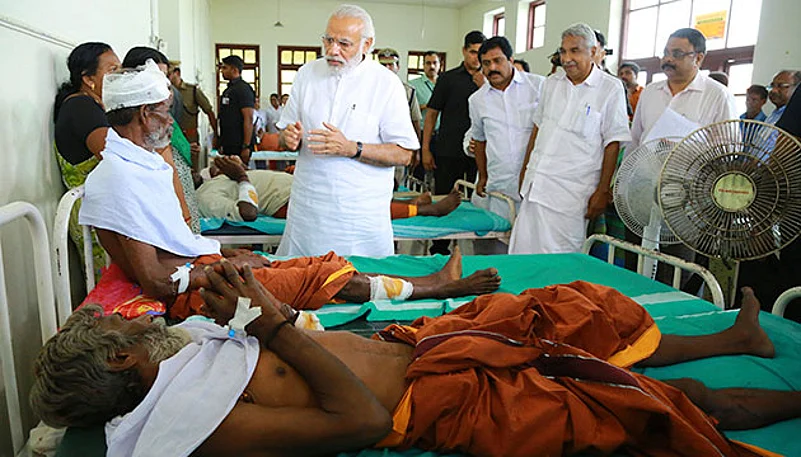
Post-disaster VIP visits have long been more a problem than a solution. So, while the CM was all praise for Narendra Modi’s dash to Kollam after 116 people perished in a fireworks mishap, saying it was all for the good, it fell on police chief T.P. Senkumar to point out the obvious: the PM’s visit (and Rahul Gandhi’s) wasn’t necessary but PMO ignored his view. Director of health services R. Ramesh also joined in, saying he had been barred from his hospital duties due to VIP-security reasons. Indeed, doctors and nurses were prevented from attending to patients and from moving from one block to another. The ICUs and burn wards are sterilised spaces as the patients are susceptible to infections, but the melee must have increased that risk.
It’s not every day that the Centre and even the President find themselves on the mat before a high court. But Chief Justice K.M. Joseph and Justice V.K. Bisht were terse in calling out the Centre on striking at democracy’s roots by imposing President’s rule even before a floor test. The Union cabinet, the judges said, could not have known on March 26 what the assembly would do the next day. Even the President can be wrong, they stated, rejecting the plea that the court cannot review the President’s order. This case could well set a benchmark in judicial probity.
When Shaktiman, the police horse, died on April 20, over a month after visuals of it being thrashed at a BJP protest and dragging a mangled limb had moved TV audiences across the country, Union minister for women and child development Maneka Gandhi said, “Shaktiman was a police officer on duty and the person who put him through so much pain and ultimately killed him should be arrested for killing a police officer.”
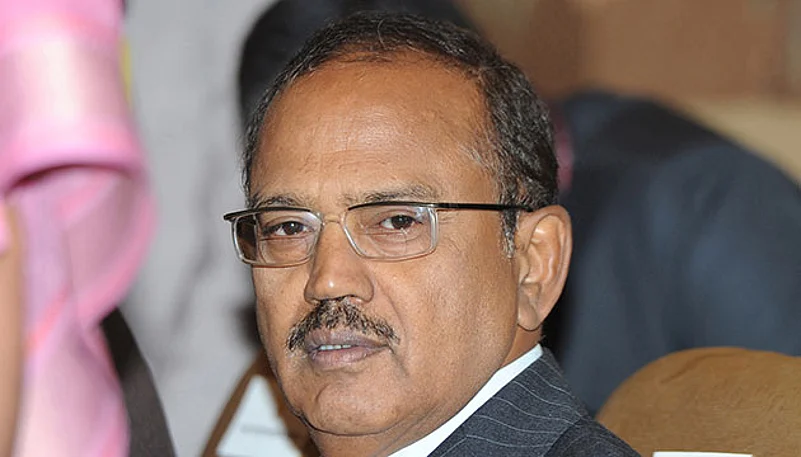
At a three-day ‘retreat’ in Bhopal for Supreme Court judges, many eyebrows were raised at National Security Advisor Ajit Doval’s talk in which he urged the judges to treat cases with ‘national security’ implications as a ‘non-partisan issue’. Wonder if the judges would want to be sensitised by human rights activists too. Will the CJI oblige?







